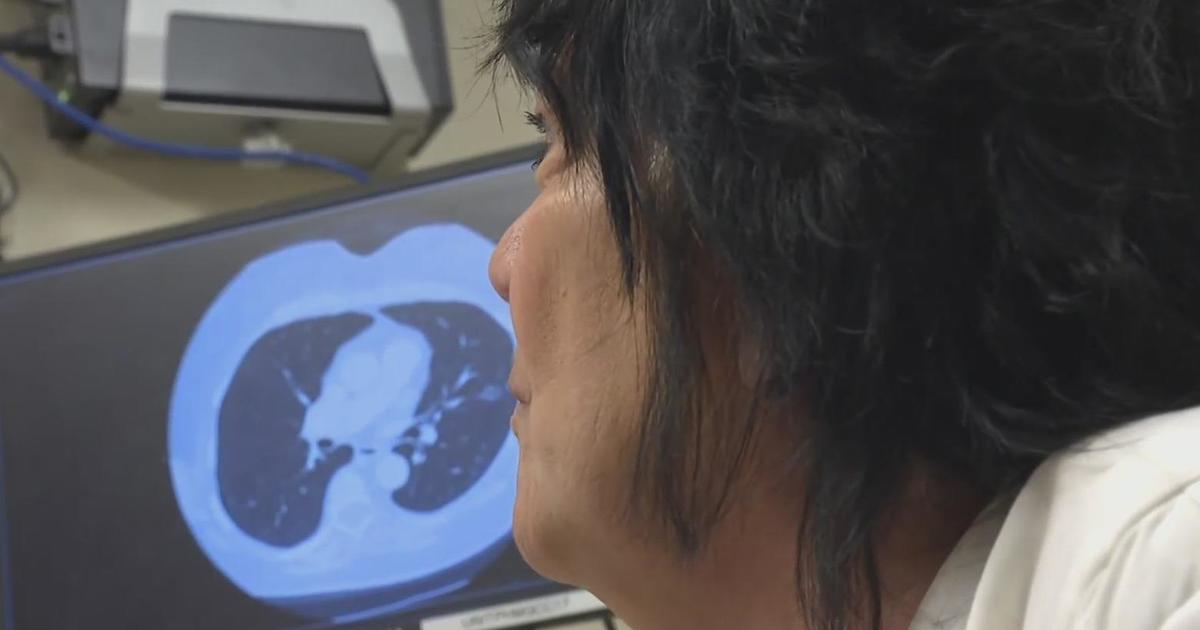Chemicals In Your Food Making You Fat?
If you try to lose weight and it just doesn't work, could chemicals in your food be to blame?
Some people believe chemical compounds called obesogens could be a major factor in making people fat.
"Obesogens are chemicals that occur in nature or artificially that mess with our metabolism and basically cause unnatural weight gain," said Stephen Perrine, author of "The New American Diet."
Obesogens include agricultural pesticides, hormones used in the meat industry, and chemicals used in plastics.
Perrine says regular fruits and vegetables are a problem because studies show a link between pesticide exposure and waist measurements.
"If you buy organic, then you're not going to have an issue of pesticides," said Leslie Bonci, the dietician for the Pittsburgh Steelers.
Perrine says meat is a concern, too.
"Hormones that are given to these animals when they're raised in feed lots are given to them to gain weight," he said. "When you ingest the beef, you ingest the hormones, you gain weight, too."
He suggests making sure the meat you're buying is hormone and antibiotic-free.
There's also concern over plastics containing bisphenol A. Some water bottles are now marked "BPA free", others are not.
"The crinkly bottles. They're the ones that make noise, yes, for the most part, they do contain BPA in them," said Bonci.
You may not realize it, but Perrine says BPA is an ingredient in the lining of cans and that it can leach into some foods, such as tuna.
Bonci said, "Instead of buying a canned meat in a can, we can buy it in a pouch. There is no BPA in this."
Earlier this year, the FDA announced that while it still considers BPA safe, it now has "some concern" about its potential effects.
Perrine says some obesogens can make it harder to burn fat – one of them affects your appetite. "Basically, you think you're hungry all the time."
When First Lady Michelle Obama unveiled The White House Report on Childhood Obesity, one of the recommendations was researching obesogens. But some scientists are skeptical and say not enough research has been done as of yet.
Bonci said, "Is it something? It's out there on the periphery."
She believes eating right and limiting portions will make a bigger difference when it comes to what your scale reads.
"As a registered dietician, I am not convinced that if people had even some pesticide in the fruit and vegetable, that that's translating into a bigger body. I'm not buying that," she said.
But Perrine says he has the proof: "We had about 400 people test this program. They lost an average of 15 pounds over six weeks – not by eating different foods – but by eating same foods simply looking for obesogen-free varieties."



